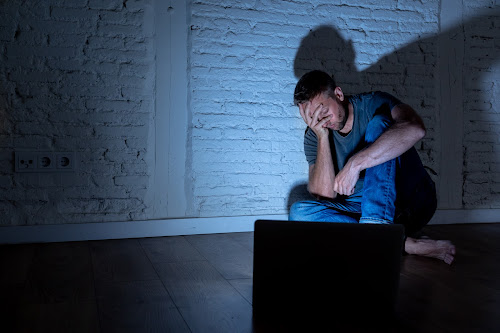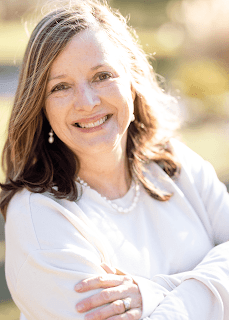When to limit social media
He lives by himself and works remotely. Covid-19 has him isolated in his house most of the time. His job does not require in-person meetings so he mostly completes his work and submits it electronically.
The panic attack occurred after he spent the evening watching the news, where he saw people dying in chokeholds and protestors in dangerous confrontations. Before bed, he checked his social media, which was full of footage of violence, threats, fake news, and vile comments from trolls. That evening he had the panic attack complete with feelings of fear and doom, pounding heart, sweating, trembling, shortness of breath and chills.
The first thing I told him to was to limit his news and social media browsing and reconnect with his friends and family He is now feeling a lot better and has been calling and Facetiming his friends and family to talk about his fears and feelings and get their support.
So many of us are heartbroken right now, and some of us are glued to the news or compulsively checking social media feeds right now (mea culpa). The truth is that more important information about racism, injustice, and unpleasant truths about American society is coming out daily.
Some media exposure is needed to help us make good decisions about political candidates, our municipalities, and ways to respond effectively and live our values. It is important to educate ourselves about our history and cultural past. Knowledge is definitely power; but sometimes news and social media can be overwhelming. There is so much to process.
Studies show that repeated media exposure during a crisis can increase anxiety and stress. Repeated exposure to horrifying videos such as the George Floyd asphyxiation video and the video of the escalating police encounter with Rayshard Brooks can cause vicarious trauma or even PTSD for viewers. This is especially true for African Americans, for whom racism is a part of life.
One of the main problems with news and social media is that although it is informative and feels like conversation it really isn't. On top of that, watching the news or going down social media rabbit holes for hours takes us away from the world outside our minds. It affects us emotionally but does not provide discussion, empathy, connection, or support.
When we spend a lot of time on social media we are also using up time that we could be engaging in self-care.
When we are exposed to alarming violence or injustices by the media it would be helpful to process what we have seen with family and friends in phone calls or socially distanced get-togethers.
We could interrupt anxious ruminating in these difficult times by getting "out of our heads" for a while and into physical activity, or we could leave the house and immerse ourselves in nature during these beautiful summer days. Building in breaks like these help support our mental health and help us manage stress and anxiety that is stoked by this “infodemic".
The first step in managing media exposure is to take a serious look at how much time you actually spend watching the news or on social media. According to experts, it can be helpful to spend a day just looking at how often you tune in and how much time you actually spend watching the news or on social media platforms,
Also, note how you feel viewing news and social media during and afterward. Are there some platforms or channels that make you feel worse than others? How long can you go without feeling the urge to check in on your TV, phone, and laptop? Is it time to stay away from content that is triggering anxiety and depression?
Would it be helpful to turn off your Facebook, Instagram, or "breaking news" notifications so that YOU control when you engage instead of reacting to the pop-up notifications?
Are you using news watching and social media at the expense of in-person interactions with friends or family? Even though we are physically distancing we can still do things with those we are sheltering with, or make calls or Facetime. Some restrictions are easing. Could you actively organize a masked, socially distanced walk with a friend or meet with others at a safe outdoor restaurant with tables far apart and occupancy restrictions?
Consider replacing media consumption with another activity. You can do more than just limit social media You can fill that void with something else, otherwise you might be tempted to make your way back. Many of my clients have learned new skills: gardening, creating art, knitting, or photography. Some are returning to the pastimes they loved that they abandoned because of their pre-COVID busy lives. It might be a good time to revisit your bucket list and see if there is anything that you can check off during the current restrictions.
It is OK to limit news and social media viewing to avoid the constant deluge. You don't have to know everything that is happening right now. There's plenty of time to catch up at the end of the day or tomorrow morning. Try to manage what you let in because the constant news and social media reaction to that news, can become overwhelming. It can lead to exhausting and maybe even paralyzing anxiety and depression and that is the last thing most of us want.
It is possible and necessary to be engaged and actively support your principles but also monitor your mood and mental health. We have to prioritize our self-care if we want to participate in reshaping the future.




Comments
Post a Comment